Medicinal Cannabis Scheme
The Medicinal Cannabis Scheme (MCS) regulations were passed by Cabinet on December 18th, 2019. The regulations came into force on April 1st, 2020. The regulations:
impose a minimum quality standard for medicinal cannabis products and related material and ingredients; and
provide for medicinal cannabis licences that authorise various activities relating to medicinal cannabis products and related material and ingredients.
Objective of the MCS
The primary objective of the MCS is to increase access to quality medicinal cannabis products. Government intervention is required to establish a regulatory scheme for the commercial production and import of products under licence. Regulations specific to medicinal cannabis will set minimum quality standards for products and set out a licensing regime.
Expected benefits of the MCS
The main expected beneficiaries are patients, health practitioners, medicinal cannabis cultivators, manufacturers and suppliers. Products regulated under the scheme will be made to a quality standard with a known composition (ie ratio of THC / CBD).
Now that the scheme has come into force doctors continue to be able to prescribe CBD products and will also be able to prescribe products containing THC without the need for Ministry of Health approval. Products containing THC will need to be approved medicines or assessed by the MCS as meeting the minimum quality standard.
The transitional arrangements whereby products imported into New Zealand under the old regulations could continue to be supplied ended on September 30th, 2021. Since October 1st 2021, all medicinal cannabis products imported into or manufactured in New Zealand must be verified as meeting the medicinal cannabis Minimum Quality Standards (MQS) before they can be supplied.




